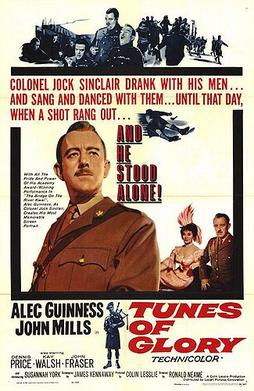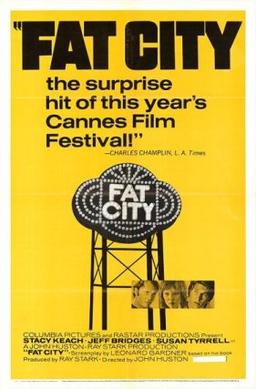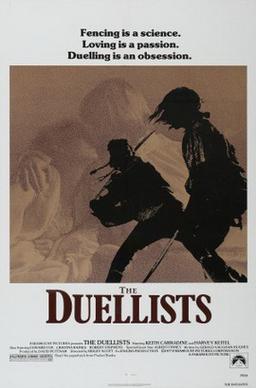
Jane Seymour is an English actress. After making her screen debut as an uncredited extra in the 1969 musical comedy Oh! What a Lovely War, Seymour transitioned to leading roles in film and television, including a leading role in the television series The Onedin Line (1972–1973) and the role of psychic Bond girl Solitaire in the James Bond film Live and Let Die (1973).

Susannah Yolande Fletcher, known professionally as Susannah York, was an English actress. Her appearances in various films of the 1960s, including Tom Jones (1963) and They Shoot Horses, Don't They? (1969), formed the basis of her international reputation. An obituary in The Telegraph characterised her as "the blue-eyed English rose with the china-white skin and cupid lips who epitomised the sensuality of the swinging sixties", who later "proved that she was a real actor of extraordinary emotional range".

Walter Stacy Keach Jr. is an American actor, active in theatre, film and television since the 1960s. Keach first distinguished himself in Off-Broadway productions and remained a prominent figure in American theatre across his career, particularly as a noted Shakespearean. He is the recipient of several theatrical accolades, four Drama Desk Awards, two Helen Hayes Awards and two Obie Awards for Distinguished Performance by an Actor. He was nominated for a Tony Award for Best Actor in a Play for his performance in Arthur Kopit's 1969 production of Indians.

The mess is a designated area where military personnel socialize, eat and live. The term is also used to indicate the groups of military personnel who belong to separate messes, such as the officers' mess, the chief petty officer mess, and the enlisted mess. In some civilian societies this military usage has been extended to the eating arrangements of other disciplined services such as fire fighting and police forces.

Murphy's War is an Eastmancolor 1971 Panavision war film starring Peter O'Toole and Siân Phillips. It was directed by Peter Yates based on the 1969 novel by Max Catto. The film's cinematographer was Douglas Slocombe.
The Squeeze is a 1977 British gangster thriller, directed by Michael Apted, based on a novel by Bill James. The screenplay was written by Minder creator Leon Griffiths.
Michael Deeley is an Academy Award-winning British film producer known for motion pictures such as The Italian Job (1969), The Deer Hunter (1978), and Blade Runner (1982). He is also a founding member and Honorary President of British Screen Forum.

Eyre Coote was an Irish-born British soldier and politician who served as Governor of Jamaica. He attained the rank of general in the British Army and was created a Knight Grand Cross of the Order of the Bath before being stripped of his rank and honours in 1816 after conduct unbecoming an officer and a gentleman.

Tunes of Glory is a 1960 British drama film directed by Ronald Neame, starring Alec Guinness and John Mills, featuring Dennis Price, Kay Walsh, John Fraser, Duncan MacRae, Gordon Jackson and Susannah York. It is based on the 1956 novel and screenplay by James Kennaway. The film is a psychological drama focusing on events in a wintry Scottish Highland regimental barracks in the period immediately following the Second World War. Writer Kennaway served with the Gordon Highlanders, and the title refers to the bagpiping that accompanies every important action of the battalion.

Fat City is a 1972 American sports drama film directed and produced by John Huston, and adapted by Leonard Gardner from his 1969 novel of the same title. It stars Stacy Keach, Jeff Bridges, Susan Tyrrell, and Candy Clark in her film debut.

Gray Lady Down is a 1978 American submarine disaster film directed by David Greene and starring Charlton Heston, David Carradine, Stacy Keach, Ned Beatty, Ronny Cox and Rosemary Forsyth, and includes the feature film debut of Michael O'Keefe and Christopher Reeve. It is based on David Lavallee's 1971 novel Event 1000.

The Duellists is a 1977 British period drama film directed by Ridley Scott and produced by David Puttnam. Set in France during the Napoleonic Wars, the film focuses on a series of duels between two rival officers, the obsessive Bonapartist Gabriel Feraud and aristocratic Armand d'Hubert, that spans nearly 20 years and reflects the political tumult of early 19th-century France. The film is based on Joseph Conrad's short story "The Duel", first published in A Set of Six.

Guns at Batasi is a 1964 British drama film starring Richard Attenborough, Jack Hawkins, Flora Robson, John Leyton and Mia Farrow. The film is based on the 1962 novel The Siege of Battersea by Robert Holles and was directed by John Guillermin. Although the action is set in an overseas colonial military outpost during the last days of the British Empire in East Africa, filming was done at Pinewood Studios in the United Kingdom.
Barry England was an English novelist and playwright. He is chiefly known for his 1968 thriller Figures in a Landscape, which was nominated for the inaugural Booker Prize.

Francis Marion Drake was an American merchant, lawyer, banker and politician. He fought in the American Civil War and later became the 16th Governor of Iowa. He is the namesake of Drake University.

Sunset Grill is a 1993 American neo-noir mystery film directed by Kevin Connor and starring Peter Weller as a private detective in Los Angeles. It co-stars Lori Singer and Stacy Keach.
Conduct Unbecoming is a play by Barry England. The plot concerns a scandal in a British regiment stationed in India in the 1880s.
The New Year Honours 1973 were appointments in many of the Commonwealth realms of Queen Elizabeth II to various orders and honours to reward and highlight good works by citizens of those countries. They were announced on 1 January 1973 to celebrate the year passed and mark the beginning of 1973.
As part of the British honours system, Special Honours are issued at the Monarch's pleasure at any given time. The Special Honours refer to the awards made within royal prerogative, operational honours and other honours awarded outside the New Years Honours and Birthday Honours.













